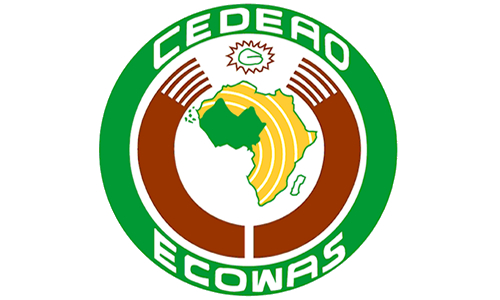 The ECOWAS Centre for Renewable Energy and Energy Efficiency (ECREEE), has organised a five- day training workshop for Anglophone West African entrepreneurs and technicians in the clean cooking industry.
The ECOWAS Centre for Renewable Energy and Energy Efficiency (ECREEE), has organised a five- day training workshop for Anglophone West African entrepreneurs and technicians in the clean cooking industry.
The workshop, which started on Monday, was organised through the West African Clean Cooking Alliance (WACCA) to bring clean, safe, affordable cooking energy solutions to the entire ECOWAS population by 2030 in line with the overall objective of ECREEE, to promote energy access, renewable energy and energy efficiency within the region.
Mr Nicholas S. A. Manu, Chairman of Ghana Alliance for Clean Cookstoves and Fuels, said the workshop was also organised to strengthen capacities of stoves manufacturers to build more efficient and durable stoves taking into account quality issues in the ECOWAS region and promotion of development.
He noted that the participants were encouraged to demonstrate and disseminate proven clean cook stoves; technologies and services in the ECOWAS region; to support the emergence of local businesses and to create local employment especially for the youth and women to abide by WACCA’s gender-responsive requirement.
Mr Manu said Ghanaians use traditional coal pots and firewood to cook which is inefficient and uses much fuel.
“However, the clean cooking stoves save 50 per cent fuel that makes users save 50 per cent of their energy bail. Therefore it is important we shift from traditional cooking systems to improved cooking methods to save our forests, money, health and environment,” he said.
Mr Manu noted that less than 20 per cent people use gas stoves in the country and 37 per cent of charcoal produced in the country is applied in Accra alone according to the Ghana Statistical Survey report in 2012/2013.
He indicated that for a widespread adoption of improved cooking, it is important to promote cook stoves that meet quality standards for fuel efficiency, safety, reduced emissions, affordability, durability, and convenience for household cooking needs.
Mr Manu said there is therefore the need to obtain the “Toyola” clean cooking stove.
Mr Suraj Wahab, Chairman of Toyola Energy Limited, said Ghana is the most advanced country when it comes to the utilisation of renewable energy and therefore the workshop would allow participants to come up with better energy services to the population of West Africa.
Mr Wahab mentioned reduction of deforestation, improvement of health especially that of women and children as advantages of using clean cooking stoves.
He said knowledge on the production of clean cooking stoves must be imparted to other peoples so that when it is widely produced, its exportation could exceed West African countries.
Speaking about solar energy as a contributor to renewable energy, Mr Wahab said it is important that every household and organisation obtains solar energy for all its electronic gadgets and operations.
“We all want efficiency in production and growth of the economy, yet we compete with the industries to share the little available power in the country.
“If we all employ solar energy for our households, the available energy can be adequate for our industries,” he said.
He urged the bank and government to provide a financial mechanism for people to be able to purchase solar energy.
He said the banks should also make it possible for people to request for solar energy loans.
Sire A. Diallo, WACCA Coordinator said the workshop was organised for only Anglophone West Africa to make it interactive and understandable so that each entrepreneur could take new things home for the benefit of his or her country.
He said another workshop would be held in Mali for Francophone West Africa.
Mr Diallo said three billion people don’t have access to clean cooking either through depending on traditional cook stoves or open fires for cooking and heating their homes according to the World Energy Outlook.
He said “usage of firewood and unclean cooking kill users slowly as they inhale the carbon-monoxide that emanates from the smoke; and it also contributes to deforestation, which is a big drive of climate change”.
The Coordinator said women who bear the burden of cooking and their infant children are exposed to high levels of indoor-air pollution from toxic fumes, which is responsible for four million premature deaths per year globally, according to the World Health Organisation.
Toyola is a brand of clean cooking stove that is not harmful to the user and as well uses less charcoal that was introduced through the Ghana Outlook Energy project in 2000.
Source: GNA























